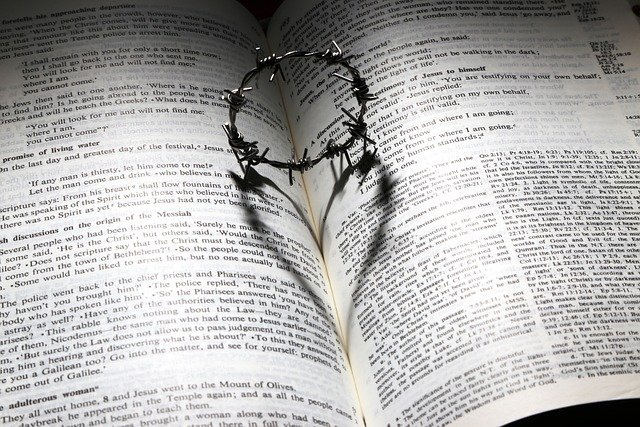Struggling to Find Your Story’s Theme?
Lots of new (and seasoned) writers have trouble nailing down such a nebulous word as theme. Or finding just one amongst the slew of things they want to share with their audience. In this post we’ll review some questions to ask yourself to reveal your story’s theme. Then help you to condense it all down to just one over-arching point or throughline you can use to tie your whole story together.
Questions you can ask yourself to determine the theme of your story:
1. What is the point of your story?
What message do you want to convey with your story? What do you want your audience to walk away knowing by story’s end?
2. What truth do you need to share?
We all have some truths/beliefs that we (conciously or unconciously) live our lives by. A few of mine. Family is important. Found family is just as important. Everyone deserves love. Loyalty is an honorable and desireable trait in a friend or romantic partner. Etc. We all have many. And we enjoy reading stories where the characters either feel the same way or start off with the opposite belief and learn it along the way. We can connect with these characters and that is the reason we stick with a story. Because we connect with the characters.
3. What does your main character learn at the end of their journey?
A main character must have an arc, by story end, for your reader to feel the big payoff, or like the time they’ve spent reading your story was justified. Your character starts off believing one thing or struggling with something and by story’s end has had a revelation and now believes something new. What is that thing? What has he/she learned?
If you’re still unclear let me ask you this:
What is your character’s fatal flaw or misbelief about the world?
Some examples of popular fatal flaws/misbeliefs include:
- You are not a loveable/valuable human being. Therefore you must go through this life alone.
- You don’t deserve love. Others do, but they’re better than you (in some way) and more deserving.
- You have to pay for that thing you did ten years ago when you were young and stupid (maybe forever).
- You are not powerful/smart/pretty/good enough for love/redemption/forgiveness.
- People will always disappoint you. Disappoint them first.
- No one can be relied upon. You can only rely upon yourself.
- People are always going to leave, better to leave them first.
Now take the misbelief above that most describes your MC or create your own and flip that belief on it’s head.
Let’s try some:
- Misbelief: You are not a loveable/valuable human being. Therefore you must go through this life alone. Truth/Theme/Point: Everyone is valuable and deserves to be loved.
- Misbelief: You don’t deserve love. Others do, but they’re better than you (in some way) and more deserving. Truth/Theme/Point: Everyone deserves to be loved.
- Misbelief: You must pay for that thing you did ten years ago when you were young and stupid (maybe forever). Truth/Theme/Point: You deserve to forgive yourself and move forward in life.
- Misbelief: You are not powerful/smart/pretty/good enough for love/redemption/forgiveness. Truth/Theme/Point: You are more than enough.
- Misbelief: People will always disappoint you. Disappoint them first or at least keep them at arm’s length so you don’t get too invested and wind up hurt. Truth/Theme/Point: People can be a wonderful addition to your life if only you are willing to let them in.
- Misbelief: No one can be relied upon. You can only rely upon yourself. Truth/Theme/Point: A life lived alone is too lonely. People need community and relationships to live their best life.
- Misbelief: People are always going to leave, better to leave them first. Truth/Theme/Point: A life lived alone is too lonely. People need community and relationships to live their best life.
It’s okay if your point/theme sounds too general or cliché. We don’t want to use cliches in our writing but the point of our stories often can be boiled down to a cliché such as:
Everyone deserves love
Love is worth a second chance
Sometimes love is enough
Now you say you have more than one? Let’s go back to find that one. You’ll find it in your characters arc. There should be just one charcter arc per story. There should be just one belief that your character changes over the course of the story. Maybe it is the one that is over-arching. For instance if you have several themes about love but is a sort of umbrella that could embody the others. Or one belief that makes the most sense as being your main theme. For instance, lets take the novel I am currently working on. My MC is struggling with the death of her partner three years ago and the role she played in it. She spends the whole novel trying to work her way out of this guilt but ultimately learns that she is the only one blaming herself and that if she doesn’t learn to forgive herself she’s going to be stuck exactly where she’s at until she does. The theme here is: Forgiveness. There should be one point/theme/truth in your story that each scene works towards or points back to. If you still have more than one you may have potential for a series where your MC works through several different beliefs but only one per book.
Now that you have your story’s theme stay tuned for next week. We’ll work on some outlining. It’s not going to hurt (pantsers, I’m talking to you) I promise.

